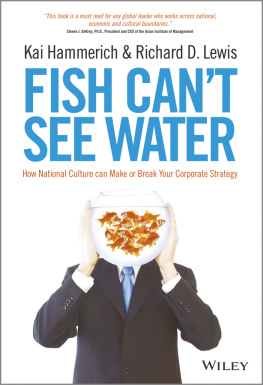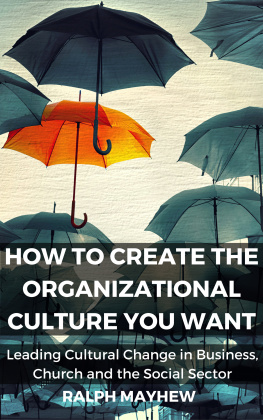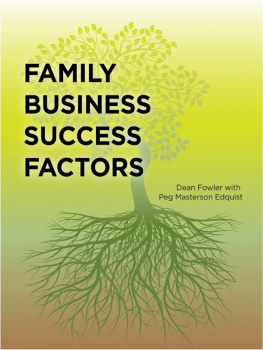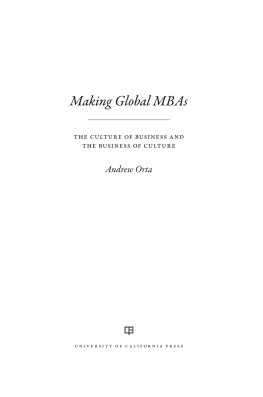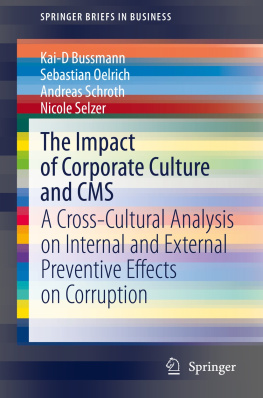Kai Hammerich - Fish Cant See Water: How National Culture Can Make or Break Your Corporate Strategy
Here you can read online Kai Hammerich - Fish Cant See Water: How National Culture Can Make or Break Your Corporate Strategy full text of the book (entire story) in english for free. Download pdf and epub, get meaning, cover and reviews about this ebook. year: 2013, publisher: Wiley, genre: Business. Description of the work, (preface) as well as reviews are available. Best literature library LitArk.com created for fans of good reading and offers a wide selection of genres:
Romance novel
Science fiction
Adventure
Detective
Science
History
Home and family
Prose
Art
Politics
Computer
Non-fiction
Religion
Business
Children
Humor
Choose a favorite category and find really read worthwhile books. Enjoy immersion in the world of imagination, feel the emotions of the characters or learn something new for yourself, make an fascinating discovery.
- Book:Fish Cant See Water: How National Culture Can Make or Break Your Corporate Strategy
- Author:
- Publisher:Wiley
- Genre:
- Year:2013
- Rating:4 / 5
- Favourites:Add to favourites
- Your mark:
Fish Cant See Water: How National Culture Can Make or Break Your Corporate Strategy: summary, description and annotation
We offer to read an annotation, description, summary or preface (depends on what the author of the book "Fish Cant See Water: How National Culture Can Make or Break Your Corporate Strategy" wrote himself). If you haven't found the necessary information about the book — write in the comments, we will try to find it.
Using extensive case studies of successful global corporations, this book explores the impact of national culture on the corporate strategy and its execution, and through this ultimately business successor failure. It does not argue that different cultures lead to different business results, but that all cultures impact organizations in ways both positive and negative, depending on the business cycle, the particular business, and the particular strategies being pursued. Depending on all of these factors, cultural dynamics can either enable or derail performance. But recognizing those cultural factors is difficult for business leaders; like everyone else, they too can be blind to the culture of which they are a part.
The book offers managers and leaders eight recommendations for recognizing those cultural factors that negatively impact performance, as well as those that can be harnessed to encourage superior performance. With real case studies from companies in Asia, Europe, and the United States, this book offers a truly global approach to organizational culture.
- Offers a fresh approach to the effects of national culture on organizational culture that is applicable to any country in any region
- Based on case studies of such companies as Toyota, Samsung, General Motors, Nokia, Walmart, Kone and British Leyland
- It describes the origins and nature of the most common corporate crisis and how culture impacts the response to such a crisis
- Ideal for managers, business leaders, and board members, as well as business school students
A welcome response to the flat-Earth fad that argues were all alike, this book offers a nuanced and practical view of cultural differentiators and how they can enable or derail business performance.
Kai Hammerich: author's other books
Who wrote Fish Cant See Water: How National Culture Can Make or Break Your Corporate Strategy? Find out the surname, the name of the author of the book and a list of all author's works by series.

